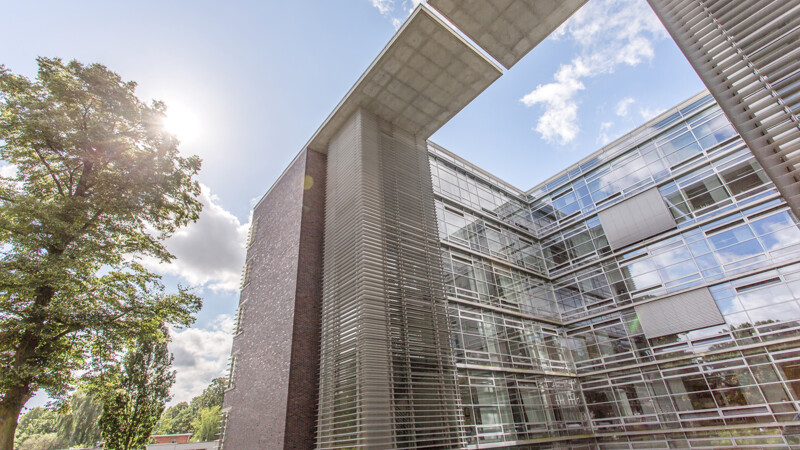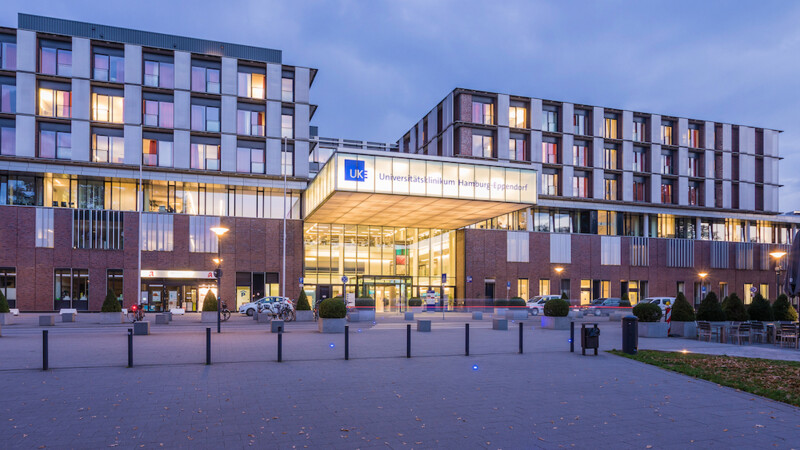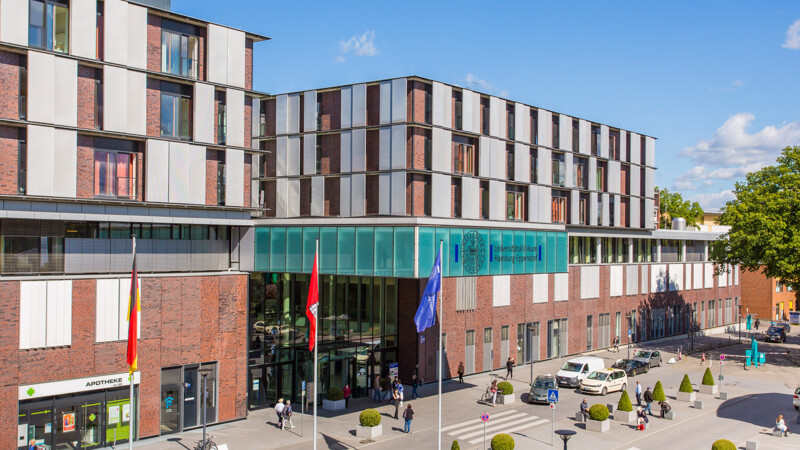The flash of a single image on the retina sets millions of nerve cells in motion. They filter and segment visual information to produce an accurate representation of what the eye sees, according to researchers at the Ernst Strüngmann Institute in Frankfurt am Main last November. "The challenge is to decipher how our brains create seamless and comprehensible visual experiences from the dizzying flood of visual information that hits our retinas. Previous research suggests that expectation and attention play a central role in co-ordinating this information acquisition process," said Alink.
The European Research Council (ERC) has approved a so-called Consolidator Grant of EUR 2 million for a five-year project headed by Dr. Arjen Alink, a neuroscientist at the University Hospital Hamburg-Eppendorf (UKE). As part of the EXPAT project beginning next February, Alink will undertake research into how expectation and attention shape visual information processing in the human brain.
Cutting-edge research into information processing
Horizon Europe scheme
EXPAT marks the UKE's fifth Consolidator Grant from the EU's Horizon Europe scheme for research and innovation. The project will be carried out with UKE's Institute of Psychology, according to Alink.
sh/sb/pb
Sources and further information
European Research Council (ERC)
The European Research Council awards grants for cutting-edge research in the 27 member states, usually for a period of five years. Starting Grants of up to EUR 1.5 million are awarded to talented young researchers two to seven years after their PhD. Consolidator Grants of EUR 2 million are awarded to established researchers seven to 12 years after their PhD, while Advanced Grants of EUR 2.5 million are available to established researchers. Synergy Grants of EUR 10 million are reserved for groups of two to four research teams for a research period of six years.
More
Similar articles

Funding for UKE Collaborative Research Center extended until 2026

Four prizes for top research at University Hospital Hamburg-Eppendorf

EU funding 3D printing of medicine and implants at UKE
